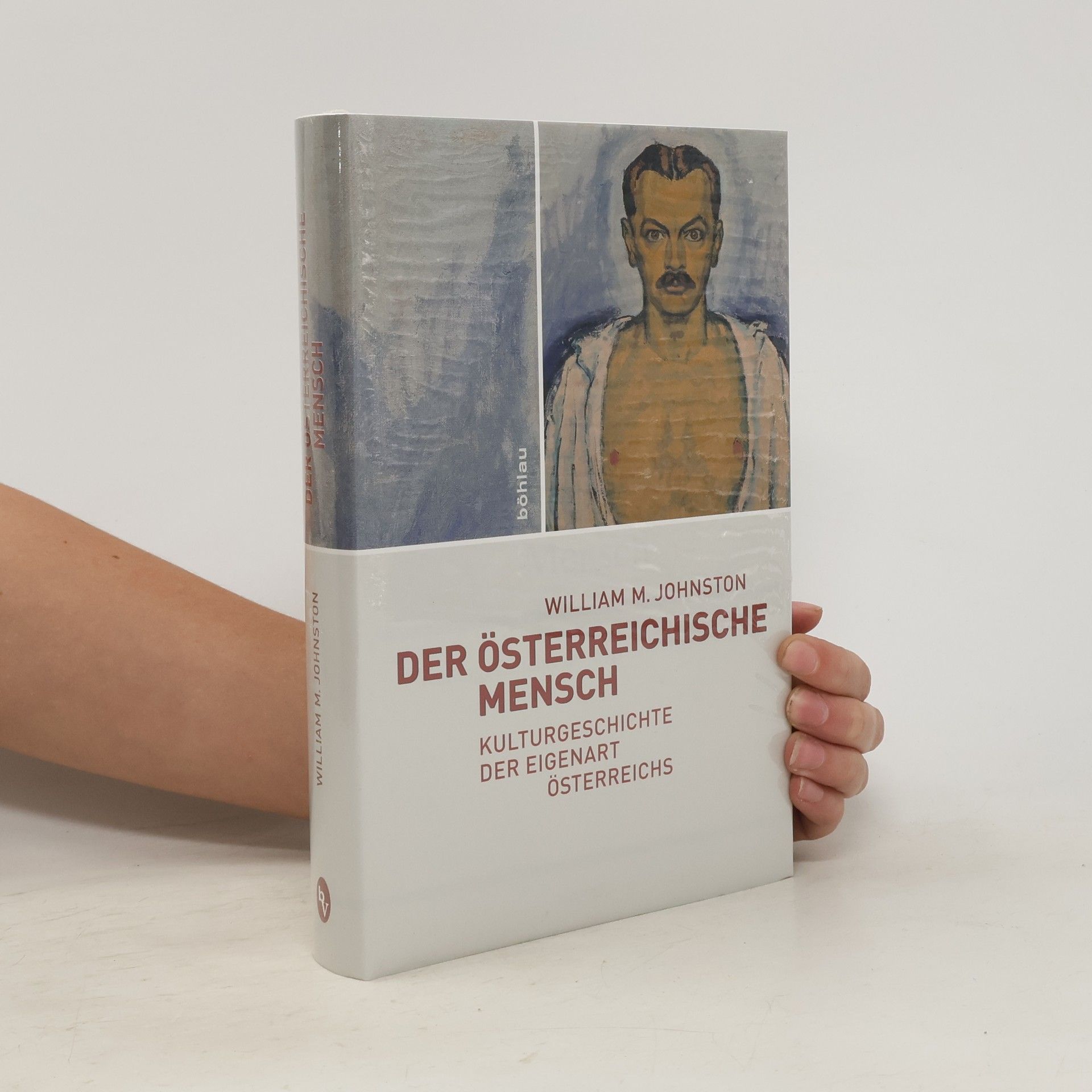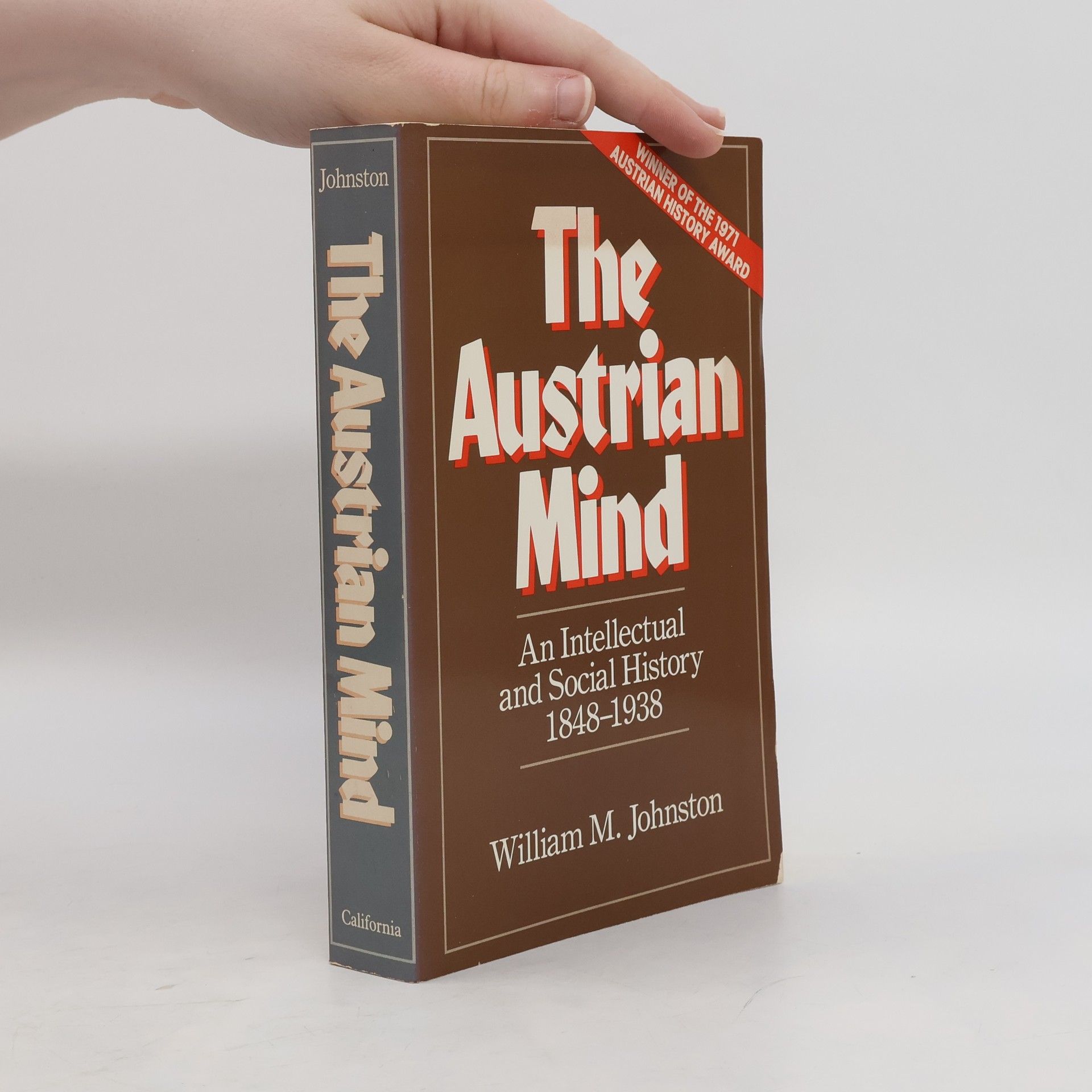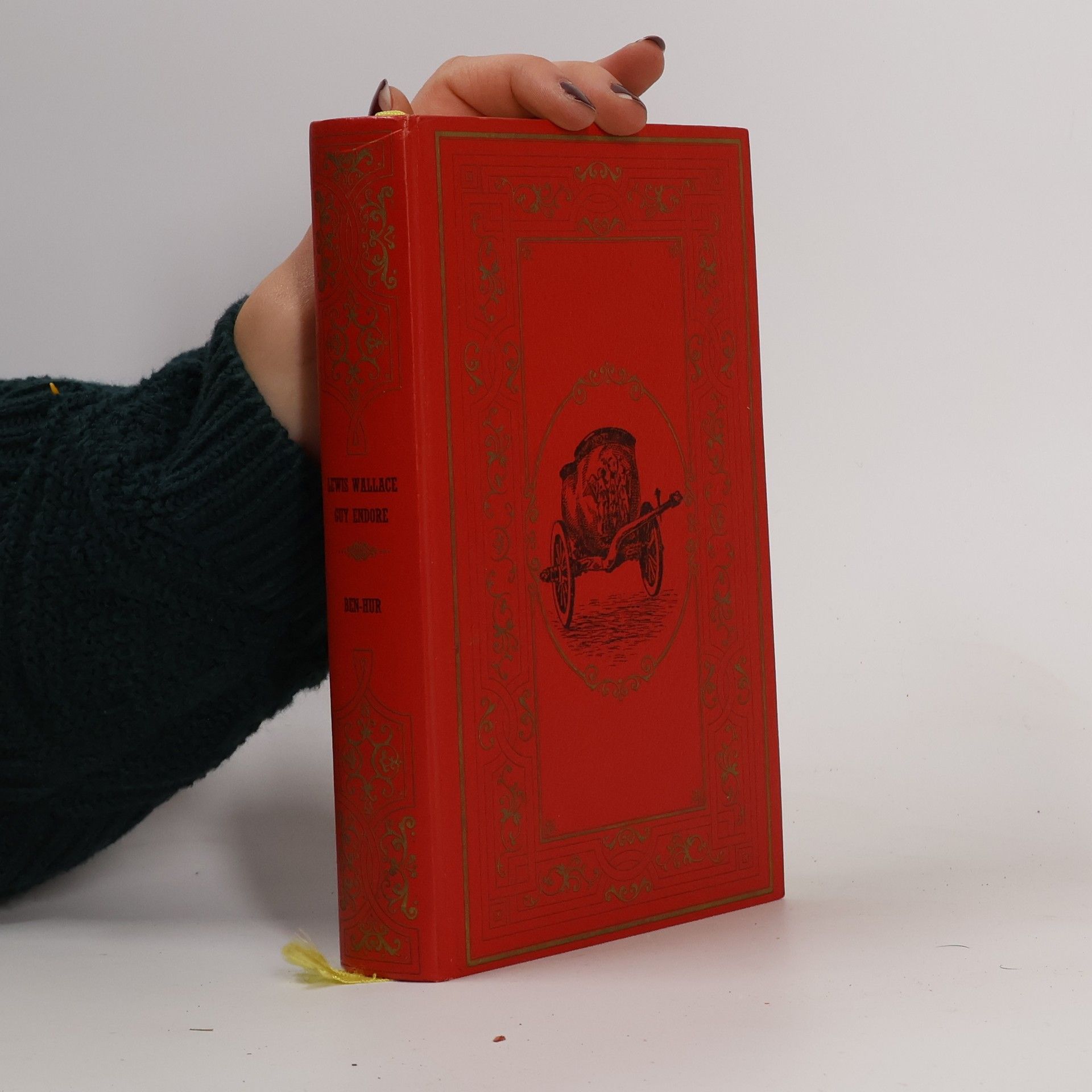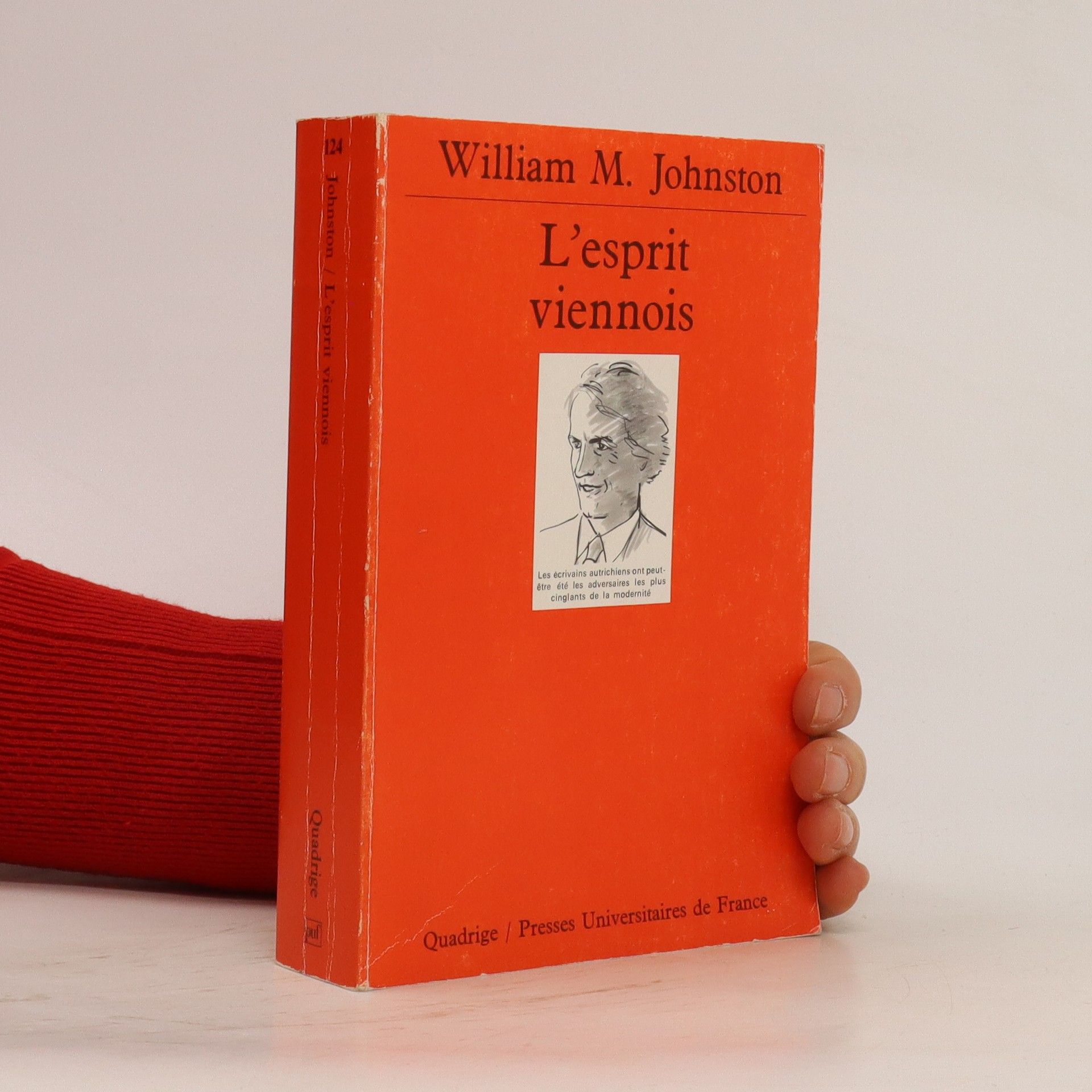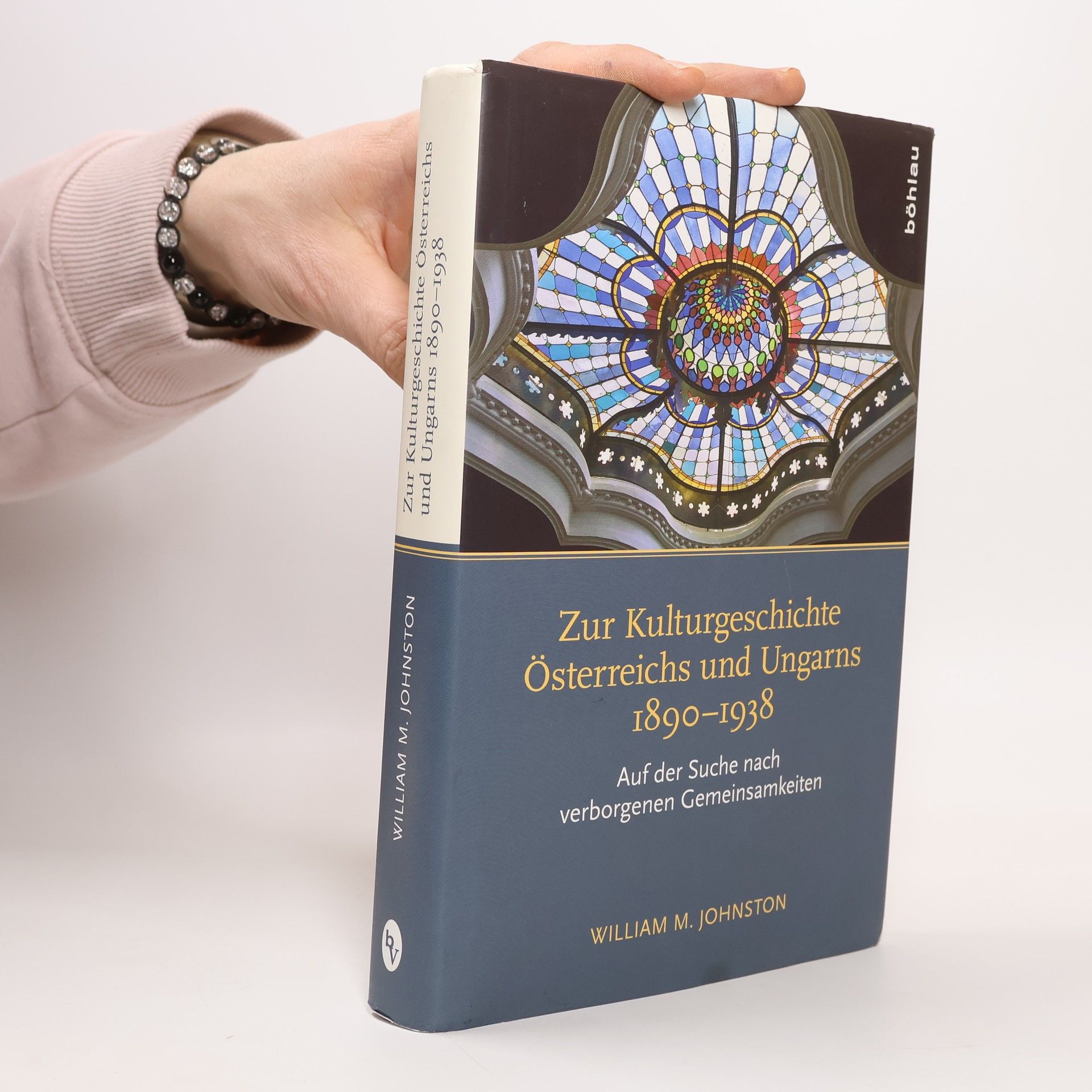L'esprit viennois
- 672pages
- 24 heures de lecture
Reste savoir si une civilisation plantaire peut approcher des conditions qui firent jadis de l'Autriche un phare de la modernit dans un monde la drive. L'inconstance tant dsormais devenue notre pain quotidien, nul n'a plus nous apprendre que ces connaisseurs de mtamorphose. Pourtant, un gard, au moins, nous devons nous garder de prendre exemple sur l'empire des Habsbourg. L'Apocalypse joyeuse s'est plus que toute autre considre, parmi les ges les plus cratifs, comme la fin d'une poque plutt qu'un commencement. En vrit Karl Kraus ou Stefan Zweig seraient bien tonns d'apprendre que la civilisation a survcu et, si nous avons djou leur attente, leur nihilisme thrapeutique n'y est pour rien. En prtant attention des voix plus constructives, il est peut-tre encore temps de dmentir leur dsespoir. Toujours est-il que considre en elle-mme l'Apocalypse joyeuse nous apprend que le temps efface plus qu'il ne fait vivre.
